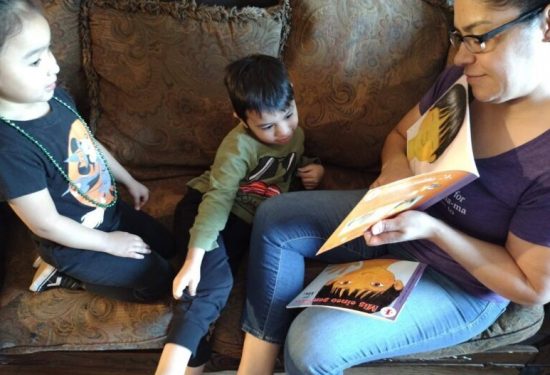The COVID-19 pandemic illuminated the need for child care as infrastructure. As families juggled work, job loss, and distance learning, all while taking care of children, we’ve seen something grow in America: the reliance on, respect for, and recognition of home-based child care (HBCC). Yet HBCC remains woefully under-resourced.
Now as federal relief dollars begin to flow to the states and additional legislation is on the horizon, our country has the resources to build lasting infrastructure in the form of comprehensive networks to support HBCC providers and the families they serve.
What are comprehensive networks for home-based child care providers?
Comprehensive networks are the connective tissue that joins individual home-based providers to each other and to system infrastructure, including funding and policy.



